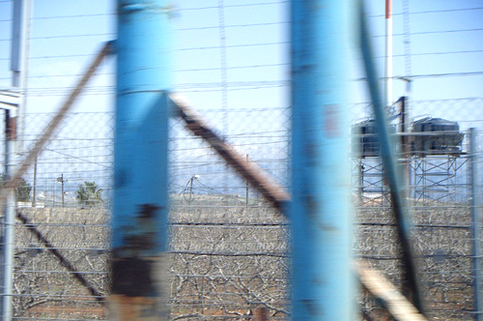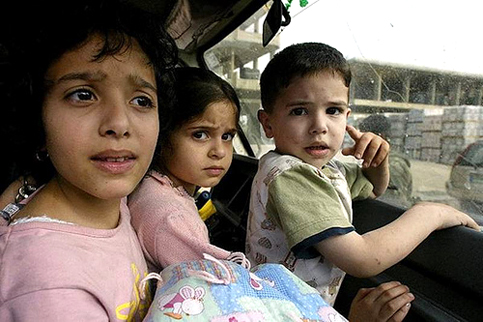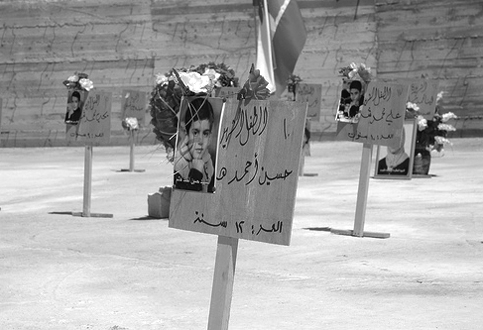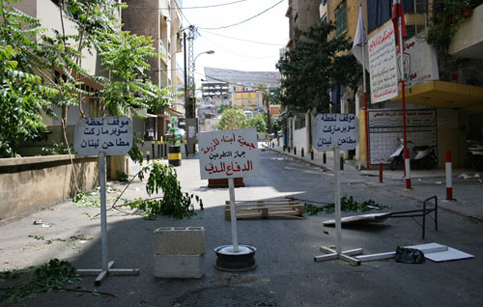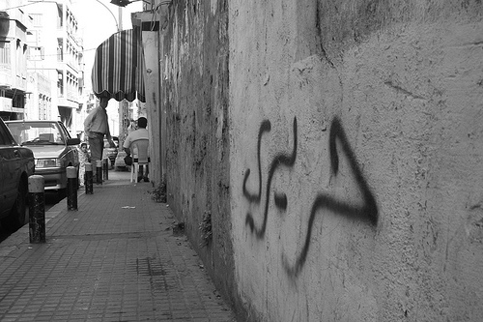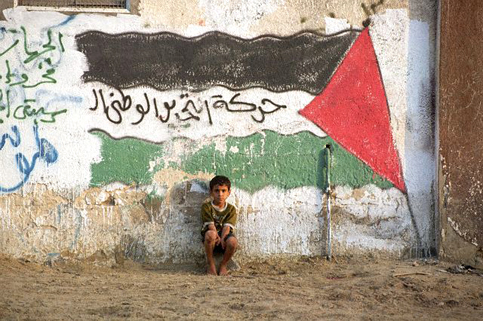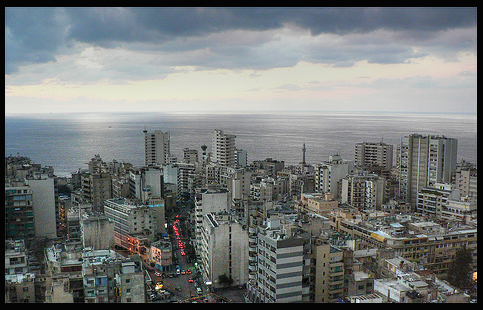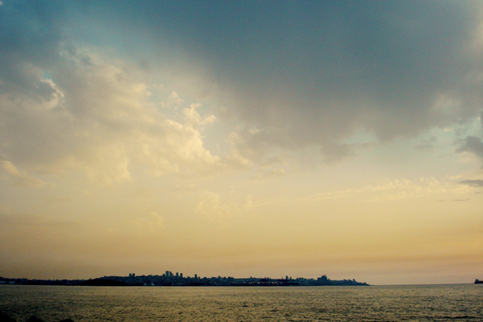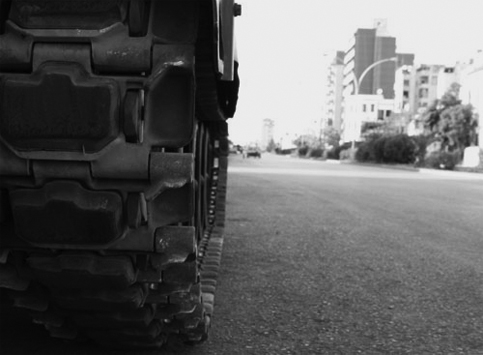Broadcasts from Beirut VII: Rami Zurayk professor, activist in Beirut: Land and People.
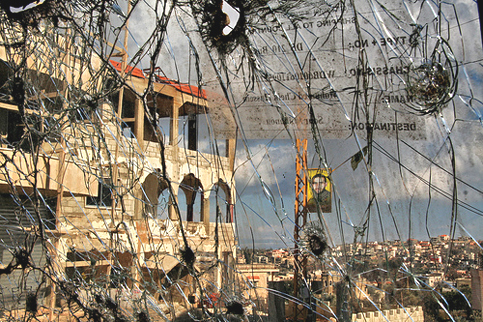
Photo: Shattered glass in south Lebanon.
A Tadamon! interview project aiming to highlight progressive voices from the ground in Lebanon on the ongoing conflict, voices independent from major political parties…
May 2008 saw political turmoil in Lebanon reach its most violent peak since the end of the official end to the Lebanese civil-war in 1990. A negotiated political treaty has brought temporary peace however fails to address the poverty at the core of this tension.
This interview with professor Rami Zurayk in Beirut presents a critique of the recent Doha agreement. Critics argue that the Doha agreement is a testament to how mainstream Lebanese political leaders continue to neglect the ongoing economic crisis, compounded by Israel’s military attack in 2006. Lebanon’s agricultural areas in the south were particularly devastated, leading to major internal displacement following Israel’s attack, as farm lands remain strewn by thousands of cluster bombs dropped by the Israeli military.
(Lire la suite…)
